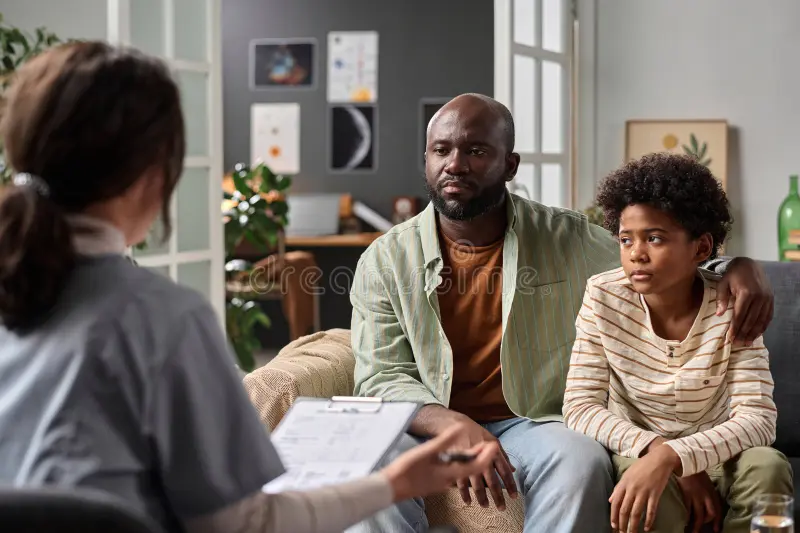24/7 Helpline:
(866) 899-221924/7 Helpline:
(866) 899-2219
Learn more about Bipolar Disorder Treatment centers in Marion County

Other Insurance Options

Amerigroup

United Health Care

UMR

Premera

Absolute Total Care

Private insurance

Coventry Health Care

CareSource

Sutter

BHS | Behavioral Health Systems

Excellus

GEHA

Covered California

ComPsych

Optima

PHCS Network

Carleon

BlueCross

Meritain

Cigna

The Golden Rule
Sitting on 30 acres in Mauk, Georgia, the renowned Golden Rule is a drug and alcohol rehab center fo...
















